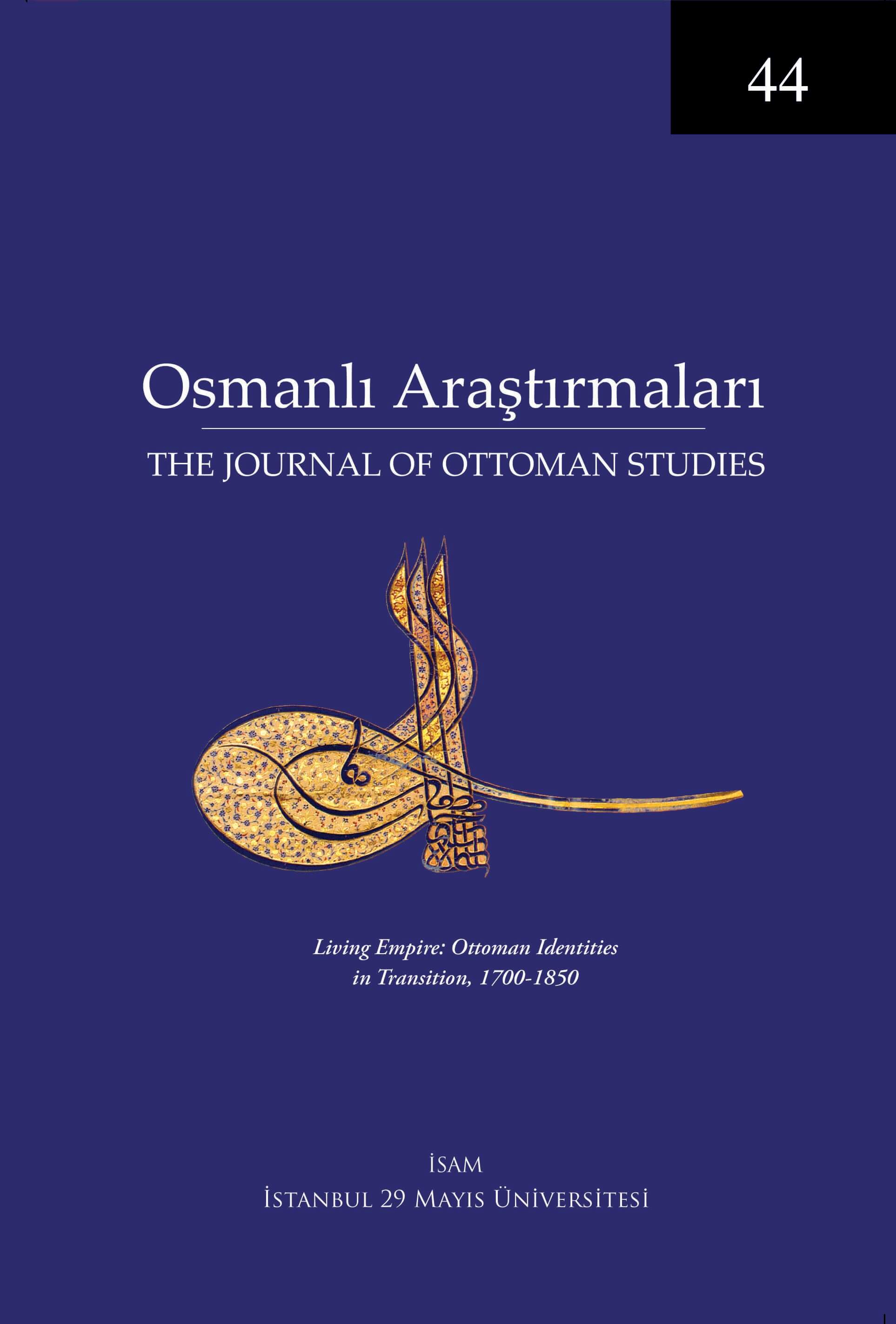Venetian Vagabonds and Furious Frenchmen: Nationalist and Cosmopolitan Impulses among Europeans in Galata
Keywords:
Galata, Homicide, Diplomacy, National Identity, CosmopolitanismAbstract
In eighteenth-century Galata, foreign diplomats sought to build a cos- mopolitan community based on being Europeans within the Ottoman Empire. But among the lower orders national differences could ignite violent conflicts. In 1729 two French chefs provoked Venetian anger: one was injured by Venetians at a wedding; the second retaliated by attacking a Venetian barber, who then killed him. These events were predicated on national identity in the most literal fashion. Venetians were attacking French nationals simply for being French, and vice-versa. National identity, perhaps surprisingly, in certain respects meant more to the lowest social orders than it did to the highest among early-eighteenth-century western Europeans stationed in the Islamic Ottoman Empire. For the servants, national origins defined who they were and how they related to one another. For the diplomats, nation defined their official positions, yet they worked together to restore harmony.




